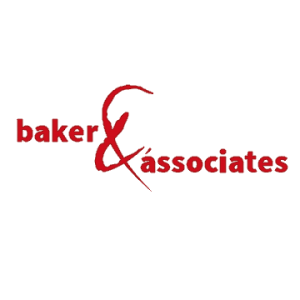
There are two types of expenses that you will have to pay: 1. Court-ordered fees; and 2. Non-dischargeable debts. The easiest way to avoid having to pay these expenses is to be diligent in determining your eligibility for bankruptcy and carefully selecting the type of bankruptcy that is right for you. If you are filing bankruptcy to get rid of debts you can’t pay, it is important to remember that bankruptcy relief is not a free pass. You will still have to pay some of your debts.
What are court-ordered fees?
Some of the debts you may owe will have a court-ordered fee associated with them. For example, if you have a judgment against you, there will be a court-ordered fee. In many cases, court-ordered fees are in addition to the outstanding debt. For example, if you have a judgment against you for $20,000, the fees could be $500. If you file bankruptcy, you will have to pay the court-ordered fee. But, the bankruptcy court will not allow you to pay the debt that it is associated with.
What are non-dischargeable debts?
Some of the debts that you have might be non-dischargeable. These are debts that you cannot get rid of through bankruptcy. When you file bankruptcy, you will have to list all of your debts on your bankruptcy petition. You will also have to provide a description of the debt and the amount you owe. If a creditor is listed in the petition as a non-dischargeable debt, you cannot get rid of it. When you are deciding whether to file bankruptcy, it is important to know that you will have to pay these debts. Can I get rid of these debts through bankruptcy? In most cases, you cannot get rid of these debts through bankruptcy. They will have to be paid through other means.
The way to avoid having to pay these debts if you file bankruptcy is to have a good Houston bankruptcy lawyer who can determine your eligibility for bankruptcy and help you select the type that is best for you.
